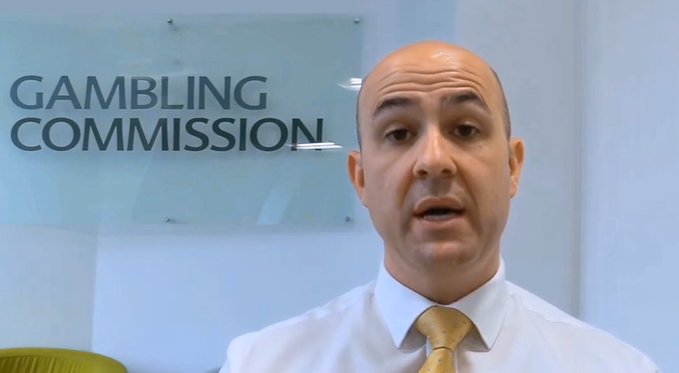White-Label Gambling: A Convenient Loophole or Regulatory Farce?
The Gambling Commission has finally woken up to the reality that allowing unregulated betting firms to slap their name on a British license might not have been the best idea. Who knew?
SPORTHORSE RACING
Ed Grimshaw
2/12/20253 min read


White Labels: The Perfect Smokescreen for Shady Operators
For years, the white-label system has been the gambling industry's equivalent of hiring a dodgy chauffeur to drive your Bentley while claiming, “Well, technically, it’s not my fault if he crashes.” The premise is simple: a UK-licensed operator (such as TGP Europe Limited) essentially rents out its license to a third-party brand (Stake.uk.com in this case), who then slaps its logo on the operation and carries on as if it’s all above board.
This allows foreign firms—who might not have passed the Gambling Commission’s own licensing tests—to piggyback on an existing UK license and operate with a level of legitimacy they wouldn’t otherwise have. It's a bit like getting your mate to sit your driving test for you. The result? The UK gambling market has been flooded with brands that look legitimate but are effectively controlled by offshore companies, often with murky ownership structures and zero accountability when things go south.
Stake’s UK arm is now shutting down, but not because of routine regulatory oversight—rather, because someone finally noticed their brand was plastered all over a social media video featuring an adult actress outside Nottingham Trent University. It’s less of a controlled compliance move and more of an "Oops, we got caught" moment. The fact that TGP Europe has "previously been the subject of enforcement action" makes the whole thing even worse. Why was a firm with a dodgy track record still being allowed to license out its operation in the first place?
The Gambling Commission: A Watchdog Without Teeth
The UK Gambling Commission, like a schoolteacher who repeatedly tells a disruptive pupil, “Now, this is your final warning,” has responded in its usual fashion—by sending strongly worded letters. Everton, along with two other clubs, has been told to prove that their sponsorship deals are not inadvertently funnelling British gamblers towards unlicensed betting platforms.
Let’s be honest: football clubs will do just enough to tick the compliance boxes without actually changing anything. These sponsorship deals exist for one reason—to pull in lucrative international betting money while pretending it’s all for the fans. The Commission’s request that clubs demonstrate "geo-blocking measures are effective" is laughable. Any vaguely tech-literate gambler knows that using a VPN to access international betting sites is easier than ordering a takeaway. The reality is that unless a regulator is proactively testing these measures, clubs will continue pocketing the cash and pleading ignorance.
And then there’s the vague threat of club officers facing "fines, imprisonment, or both" for promoting unlicensed gambling businesses. Has anyone ever actually been jailed for this? Or is this just regulatory theatre, designed to make the Gambling Commission look as if it’s doing something while the betting industry carries on business as usual?
Everton’s Stake Deal: A Match Made in Regulatory Grey Areas
Everton’s partnership with Stake was always a bit of an eyebrow-raiser. Here’s a Premier League club aligning itself with a company that made its name in crypto gambling—an industry that regulators barely understand, let alone properly control. When the deal was signed in 2022, Everton’s own supporters protested, citing the usual concerns about gambling addiction and the moral implications of football’s increasing reliance on betting sponsors.
Now, with Stake's UK operation being shut down, Everton finds itself in the awkward position of having a front-of-shirt sponsor whose brand may no longer be licensed for the very market in which they play. Will they rush to terminate the deal? Not unless forced. The fact that the Gambling Commission is only now getting around to checking whether clubs have done due diligence on their white-label partners suggests that oversight has been astonishingly lax up to this point.
What’s Next?
If the Gambling Commission is serious about cleaning up white-label arrangements, it needs to stop treating these firms as legitimate UK operators and start holding the actual overseas brands accountable. The current system allows questionable offshore entities to run UK-facing gambling operations with minimal scrutiny, as long as they pay a licensing fee to a middleman like TGP Europe.
The problem isn't just Stake.uk.com—it’s the entire white-label model. Either the Gambling Commission needs to clamp down on it properly, or it should stop pretending to be surprised when another "licensed" brand gets caught out. Given the Commission’s track record, expect more hand-wringing letters, some hasty PR manoeuvres from football clubs, and a new white-label operator filling the void in no time. After all, there’s always another brand ready to pay for the illusion of legitimacy.
